The Department of Computer Engineering (CEN) at NUTECH is dedicated to cultivating industry-ready graduates equipped to meet the dynamic and evolving computing demands of the global landscape. Its Computer Engineering programs deliver a career-integrated education founded on a contemporary and industry-relevant curriculum. This is further enhanced by advanced laboratory facilities, project-based learning methodologies and strong academic mentorship. The department offers training in key domains including Systems and Data Science, where students develop expertise in data-driven analysis and computational intelligence. It also focuses on Artificial Intelligence, and Robotics by enabling students to design intelligent systems and autonomous technologies. Communication, Networks and the Internet of Things (IoT) is another core area, emphasizing connectivity, secure communications and scalable network infrastructures. In addition, Embedded Systems Design trains students to integrate hardware and software for the development of efficient and real-time computing solutions. With a strong commitment to innovation, ethical practice and leadership development, the department prepares its graduates to excel as future-ready engineers and global leaders in technology.
The Department of Computer Engineering at NUTECH is dedicated to excellence in education, research, and innovation. Our BS, MS, and PhD programs are designed to equip students with future ready skills in artificial intelligence, robotics, embedded systems, and beyond. In a remarkably short span, our graduates have earned placements at prestigious organizations, reflecting the strength of our industry-relevant curriculum, hands-on learning approach, and focus on real-world impact. Backed by cutting-edge laboratories, an accomplished faculty, and a growing list of national accolades, we are committed to fostering the next generation of technology leaders and innovators. We invite you to join us on this exciting journey and help shape the future of technology.
The Department of Computer Engineering is highly concerned in achieving the ultimate target of World Ranking. Different measures are in progress to accomplish this objective and one of the measures is Quality Teaching and Research Productivity. To improve research productivity a number of research groups, having motivated faculty members in each group, have been formed at the Department of Computer Engineering. This evolving research environment attracts also encourages the students to carry out supervised research. Department of Computer Engineering has four research groups i.e.
Systems and Data Science Research Group (SDSRG) aims to promote and undertake fundamental and applied research related to machine learning, techniques of data science, Distributed Systems, Big Data Analytics, Parallel computing, Data inference and applied machine learning.
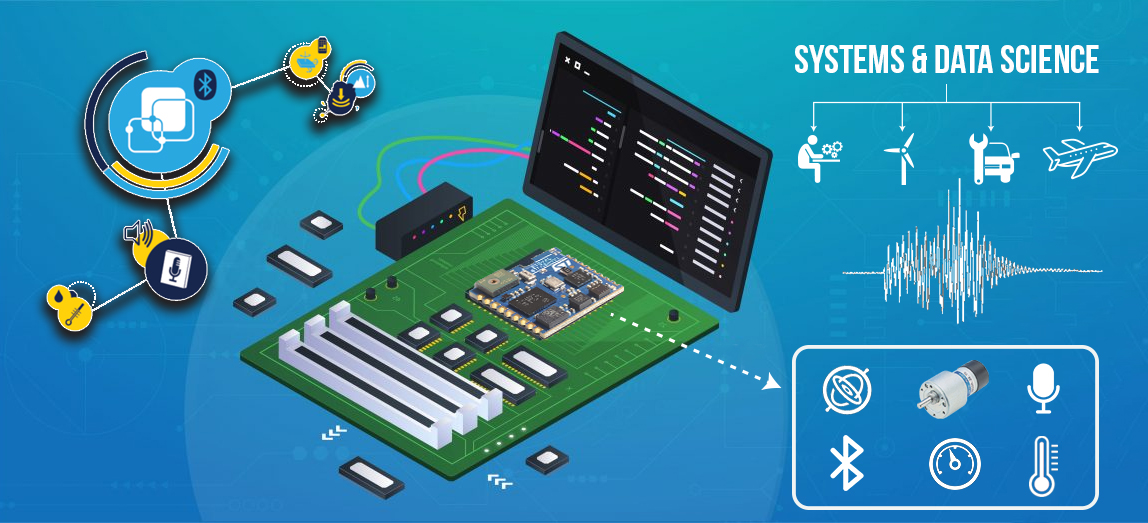
Artificial Intelligence, Robotics and Vision Research Group (AIRVRG) aims to incorporate intelligence in all its components by providing excellence in basic research. The focus of this research group is in the following areas: Human-Robot Interaction, Robot manipulation and interaction, Stochastic Systems: Estimation and Control, Image and Video Processing, and Computer Vision.
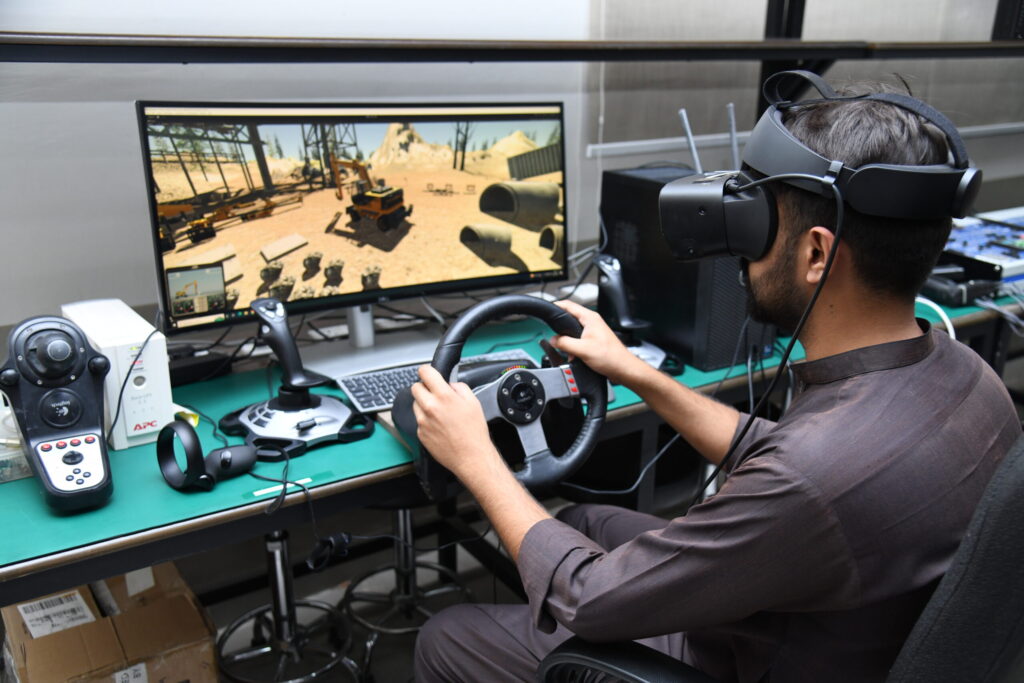
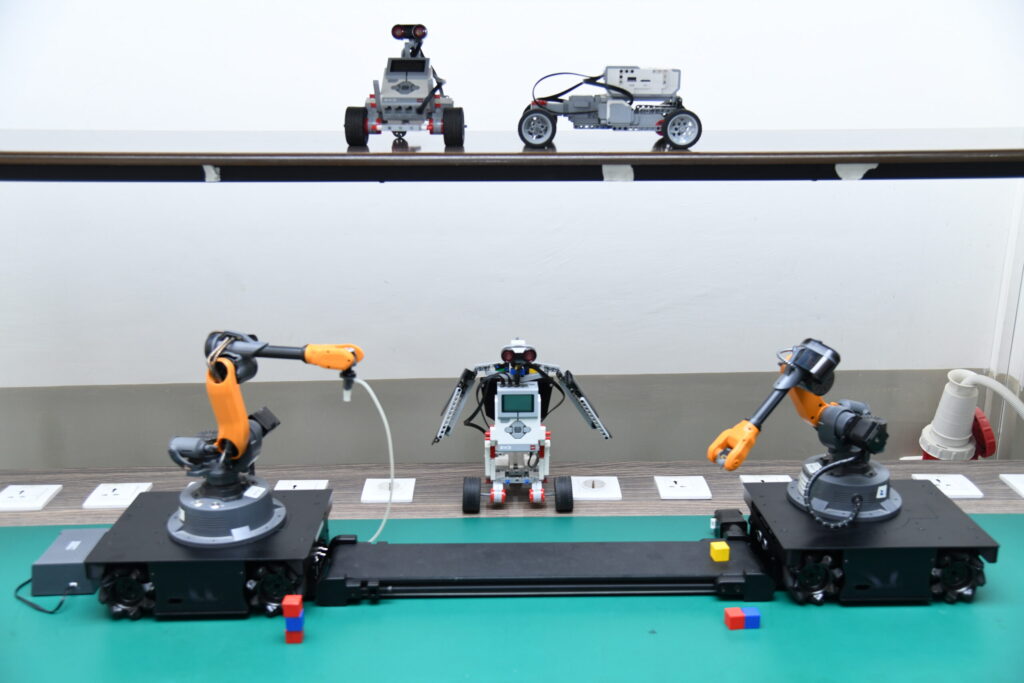
Communication, Networks and IoT Research Group (CNIRG) aims to conduct research in the following areas: Information security, Wireless Communications, Wireless Sensor Networks, Cloud Computing, Computer Networks, Internet of Things (IoT), cybersecurity & privacy..
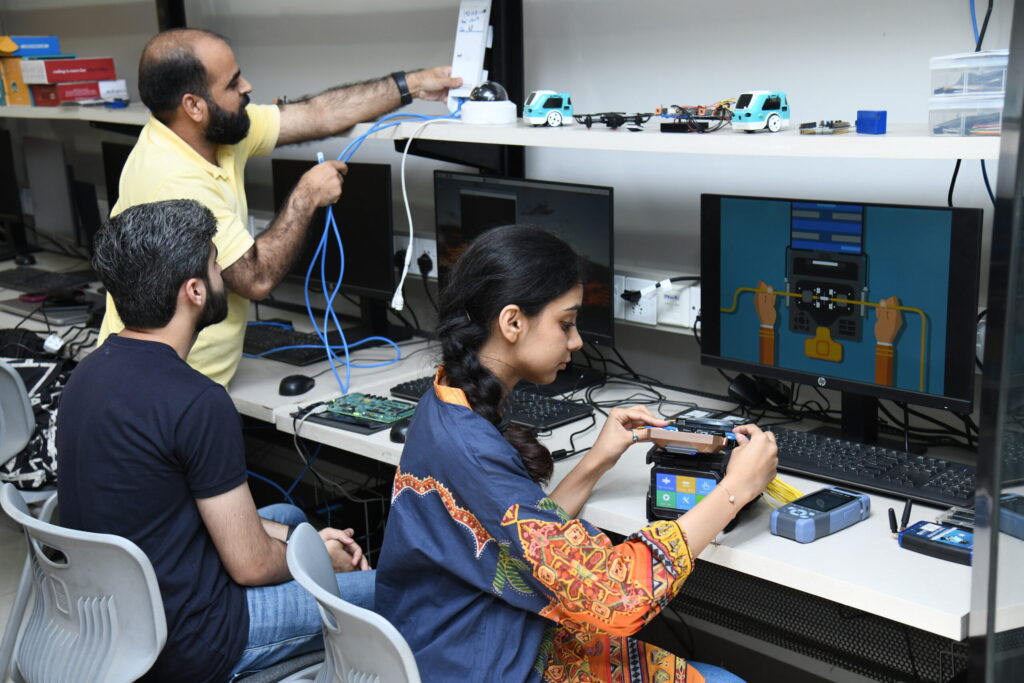
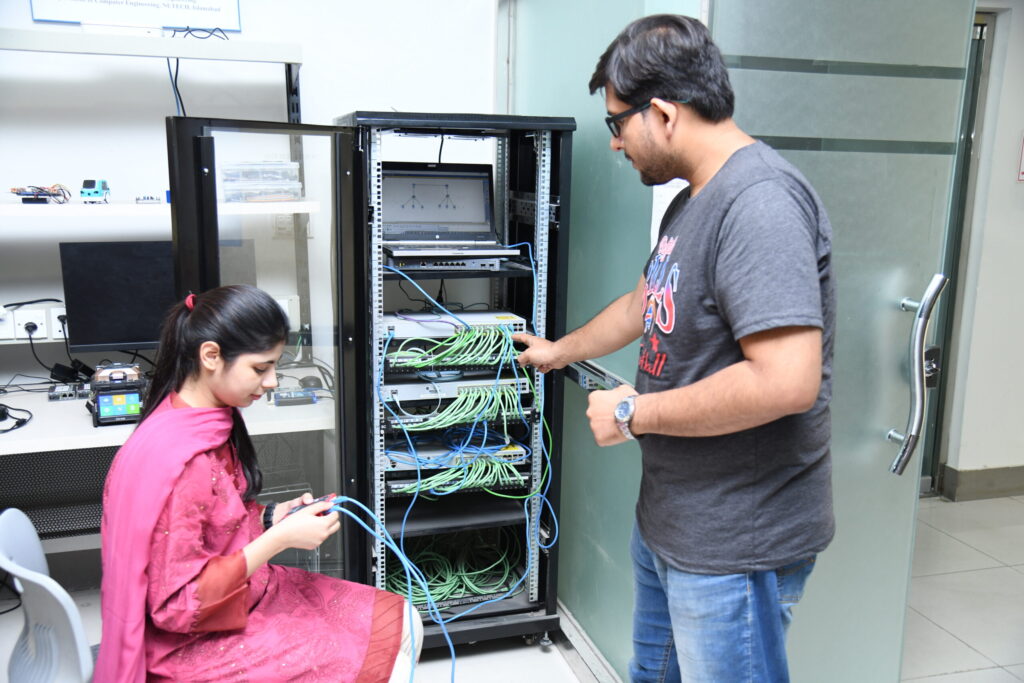
Embedded Systems Design Research Group (ESDR) aims to specialize in real-time capabilities, communication protocols, security, and energy-optimization of embedded systems. The focus research areas are Real-Time Embedded Systems, Digital Integrated Circuit Design, VLSI Principles and Applications, System on Chip Design, Micro-electromechanical Systems and Embedded System Software Engineering.
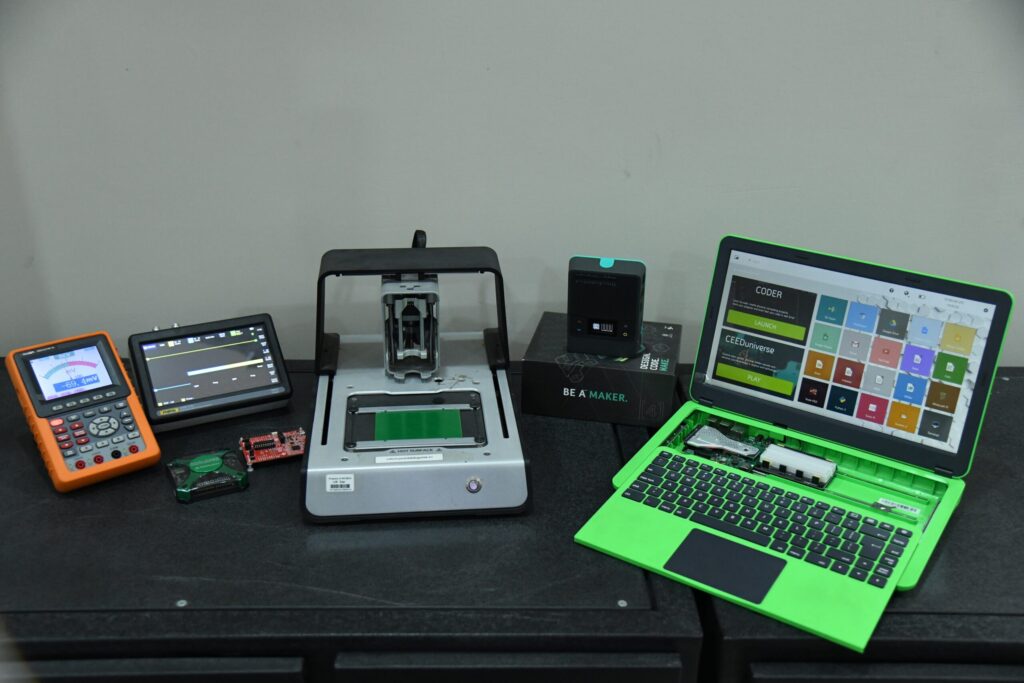
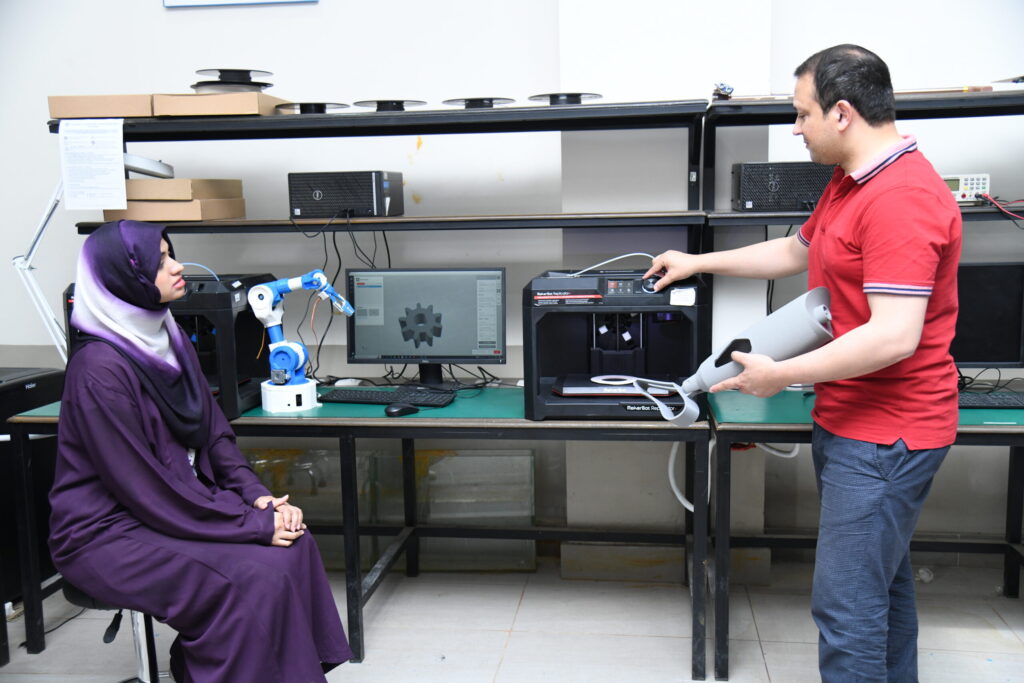
The Computer Engg Department of NUTECH has five labs. These Labs comprehensively cover training and research needs in the fields of Systems and Data Science, Artificial Intelligence, Robotics & Vision, Communication, Networks & IoT and Embedded Systems Design etc. Details of these labs along with major equipment contained and key capabilities is mentioned below:
The purpose of this lab is to provide the foundation knowledge of communication systems, understanding and practical implementation of Computer Networks and Internet of Things.

Equipment
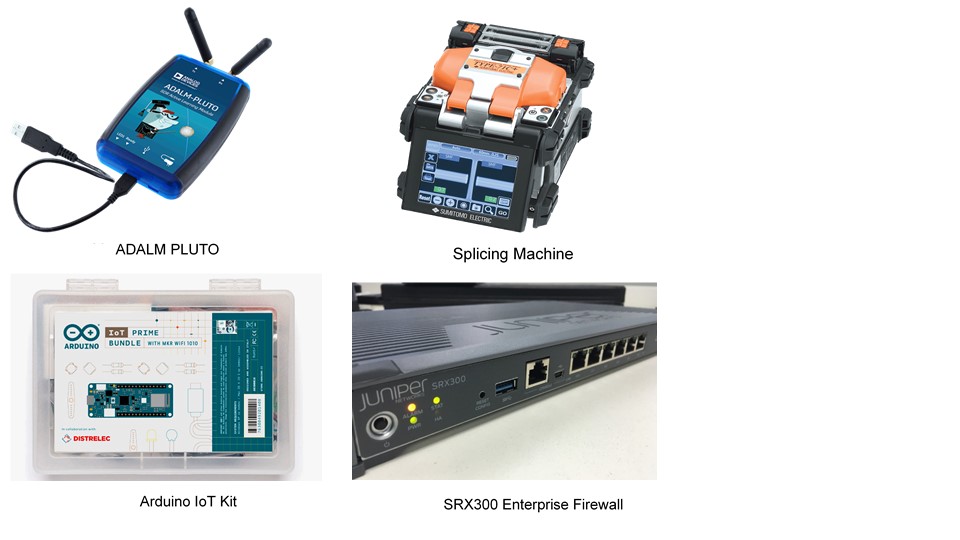
The learning objectives of this lab include familiarization with simple logic gates and classical microprocessors to advanced embedded systems like microcontrollers, Digital Signal Processors (DSPs) and field-programmable gate arrays (FPGAs).
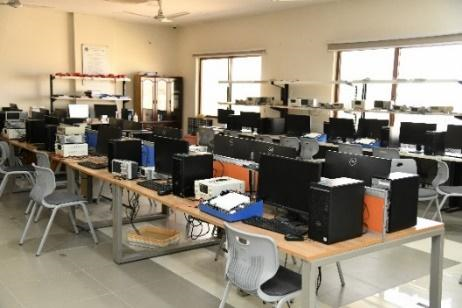
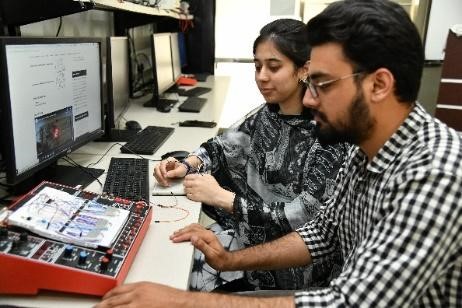
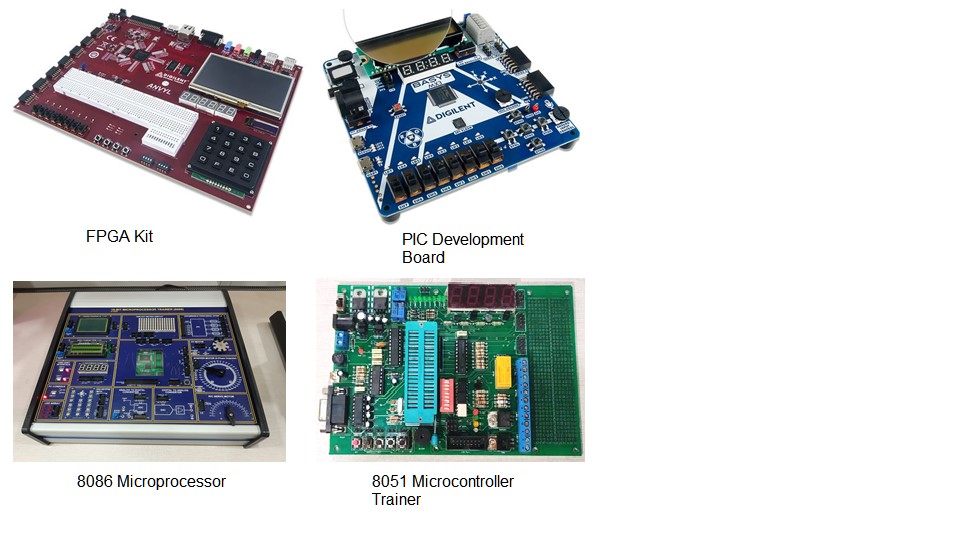
The objective of this lab is to supplement, in a practical way, the material learned by the students in Electronics related courses.
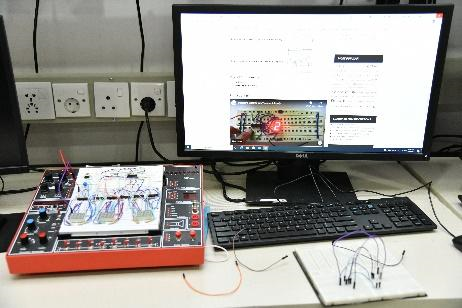
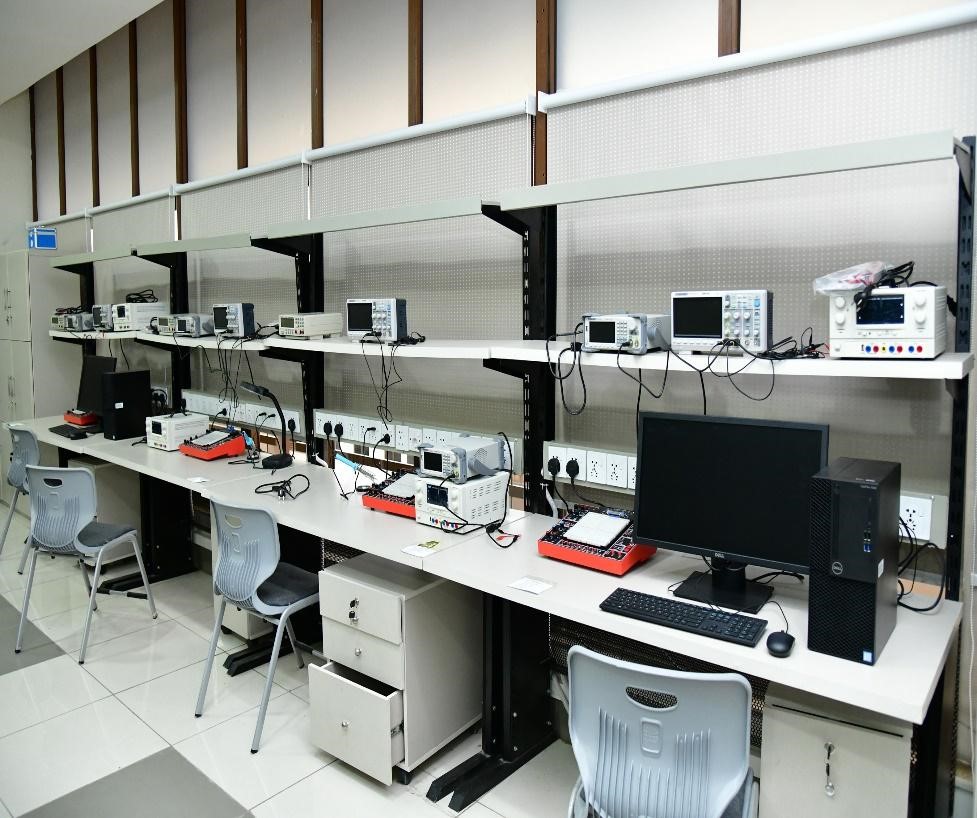
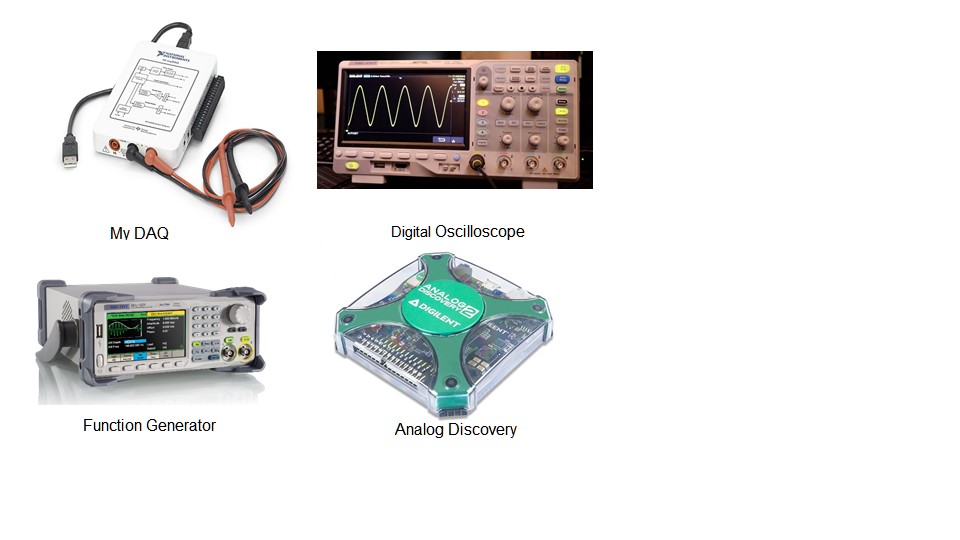
The objective of this lab is to provide student an opportunity to get hand-on experience on various tools and instrumentations used in AI, Robotics and Control systems
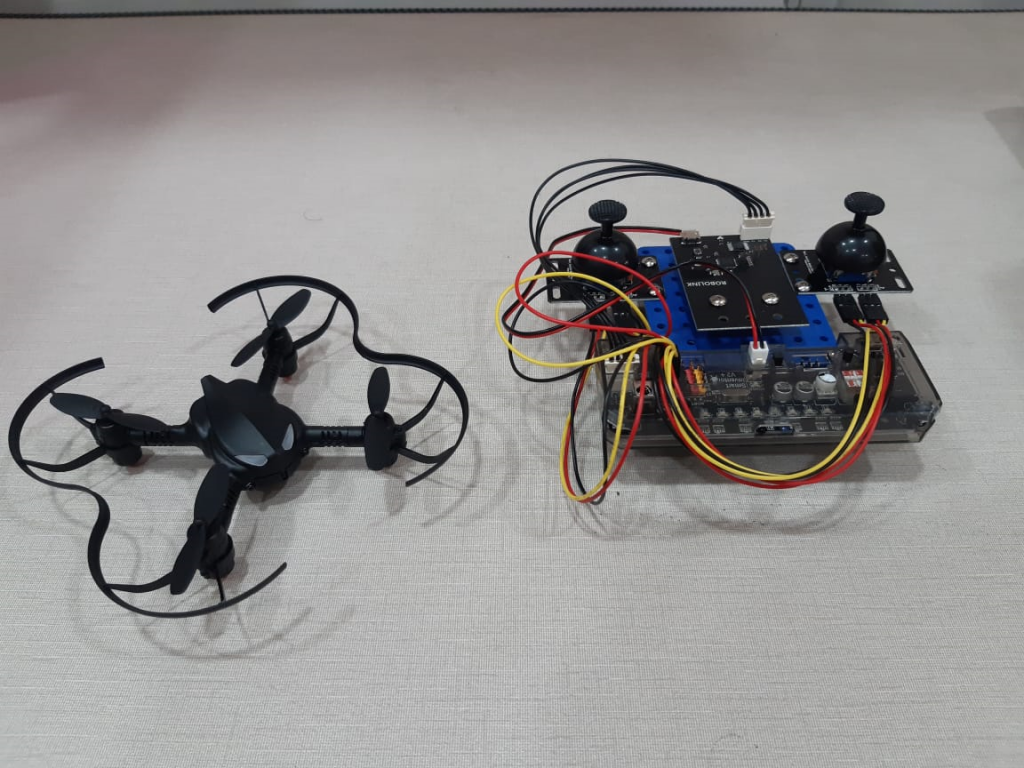
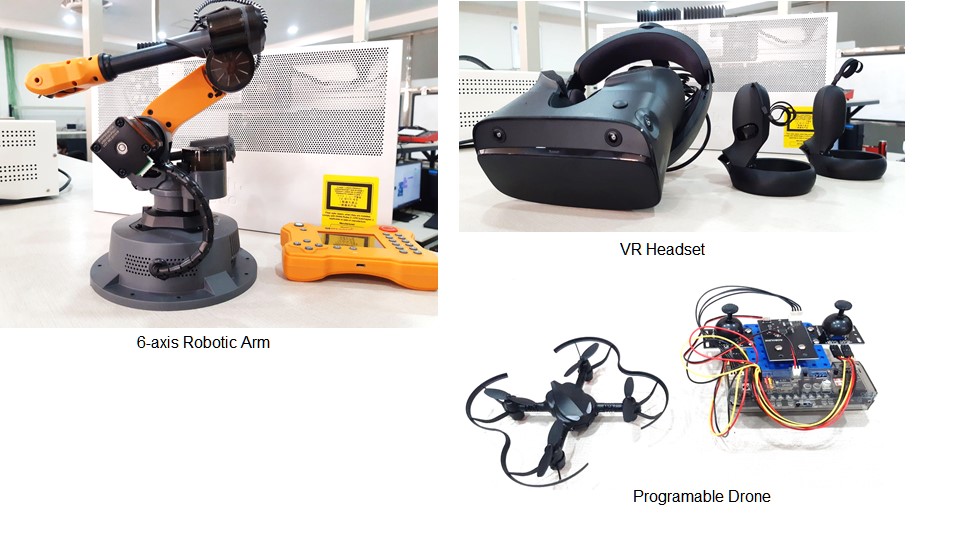
The objective of the design project lab is to provide an environment for students for developing their projects. Final year students mostly work in this lab for modeling and designing small projects.
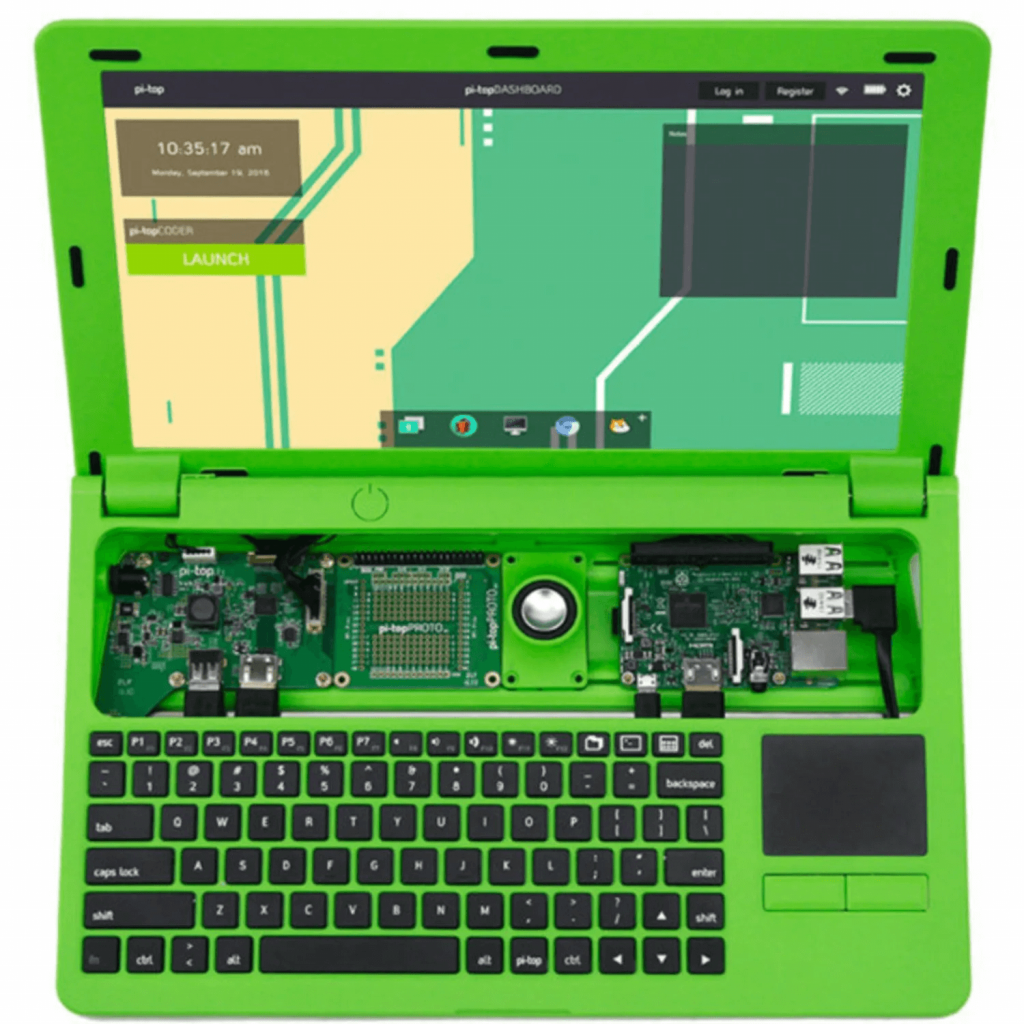
Equipment
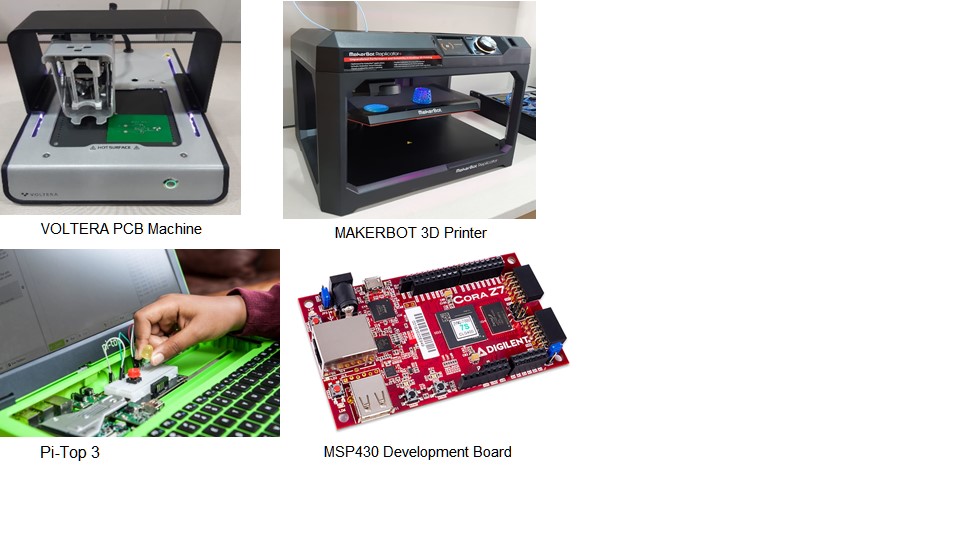
NUTECH Computer Engineering department organizes an annual summer camp each August at the NUCRAIT Lab, spanning one month. This engaging program is designed for school and college-going students, offering a unique opportunity to delve into the exciting realms of Game Development, AI Programming, and Robotics. During the camp, participants gain a comprehensive understanding of these cutting-edge fields, fostering a passion for technology and innovation.
Month: August
Duration: 1 month
Timings: 0900-12:30
Venue: NUCRAITS (Computer Engineering dept.)
Modules: Game Development, AI Programming, Robotics,
Equipment & Tools:
Zumi Cars, Codrons, Mindstorm Lego Robotics, TinkerCad, Scratch/Python


Contact Information:
Lec. Faria Tasneem Sheikh
[email protected]
1. Coordinator Postgraduate Studies
Dr. Muhammad Umair Khan
[email protected]
2. Coordinator Undergraduate Studies
Engr. Rafi UL Zaman
051-5476809
Ext-329
3. Senior Assistant
Usman Zubair
051-5476809
Ext-293

Assistant Professor (CEN)